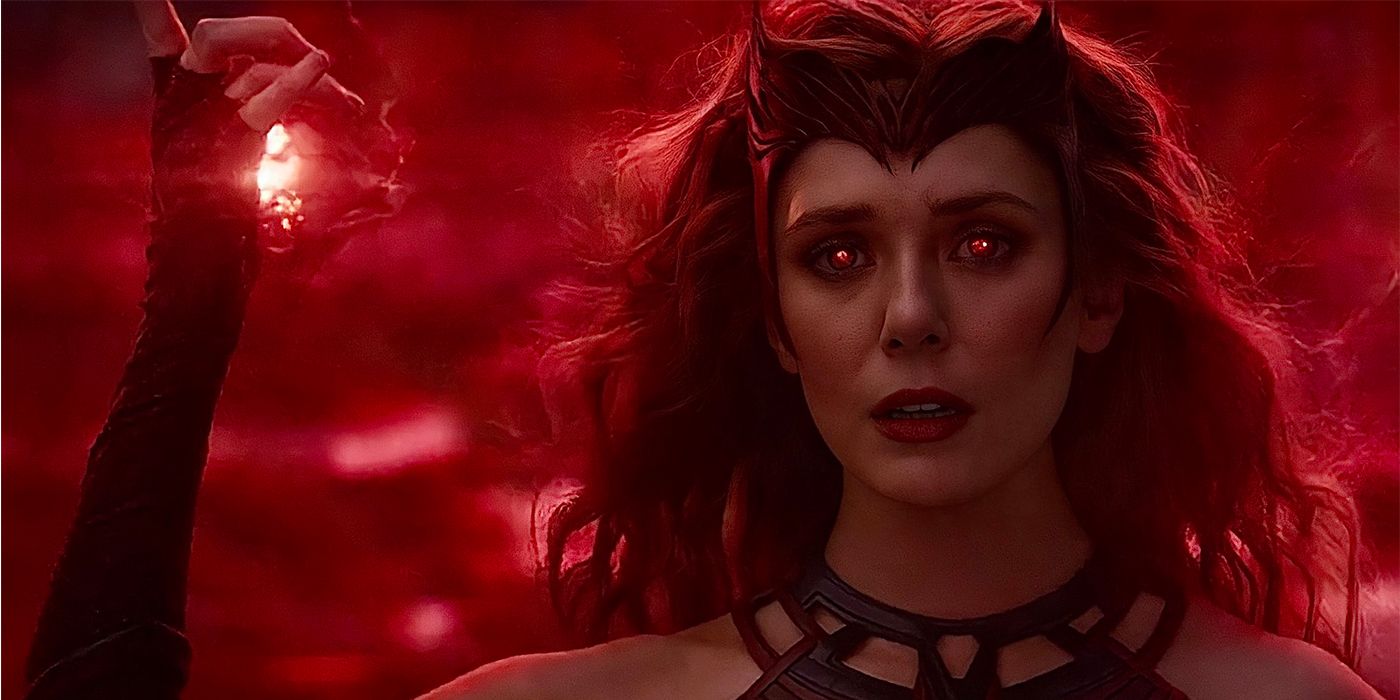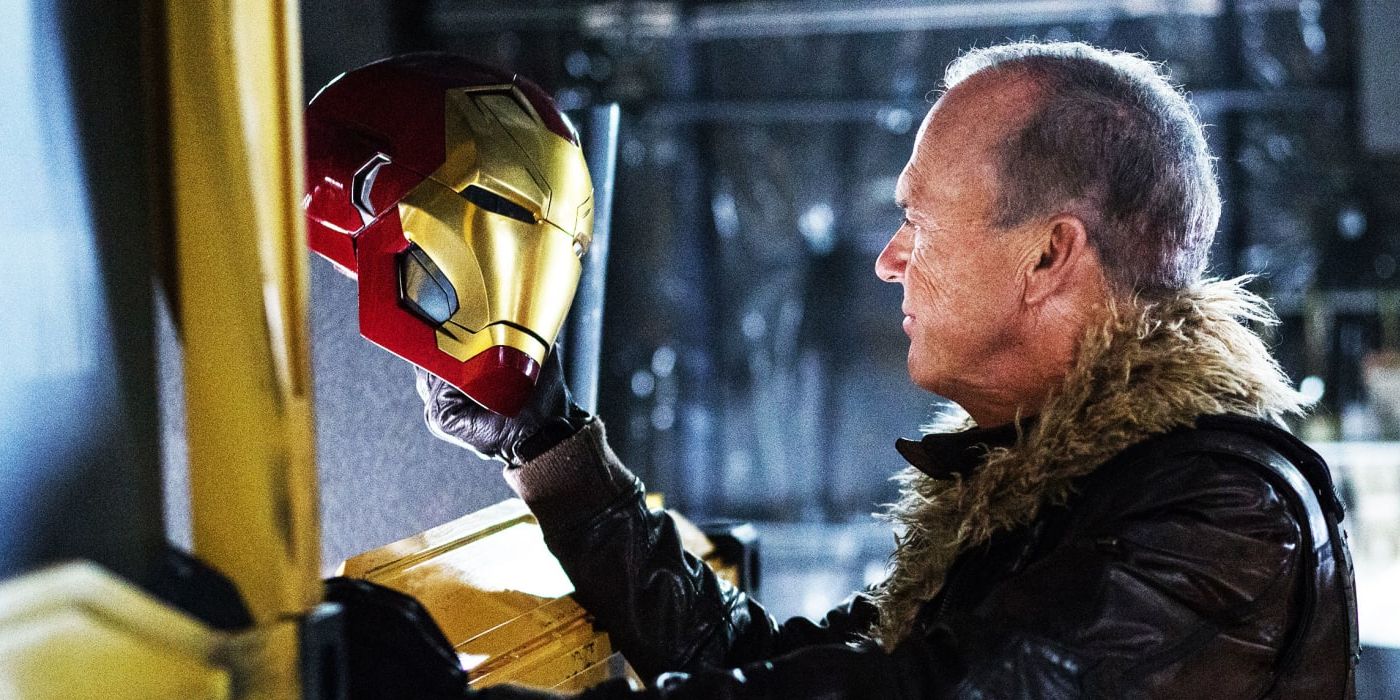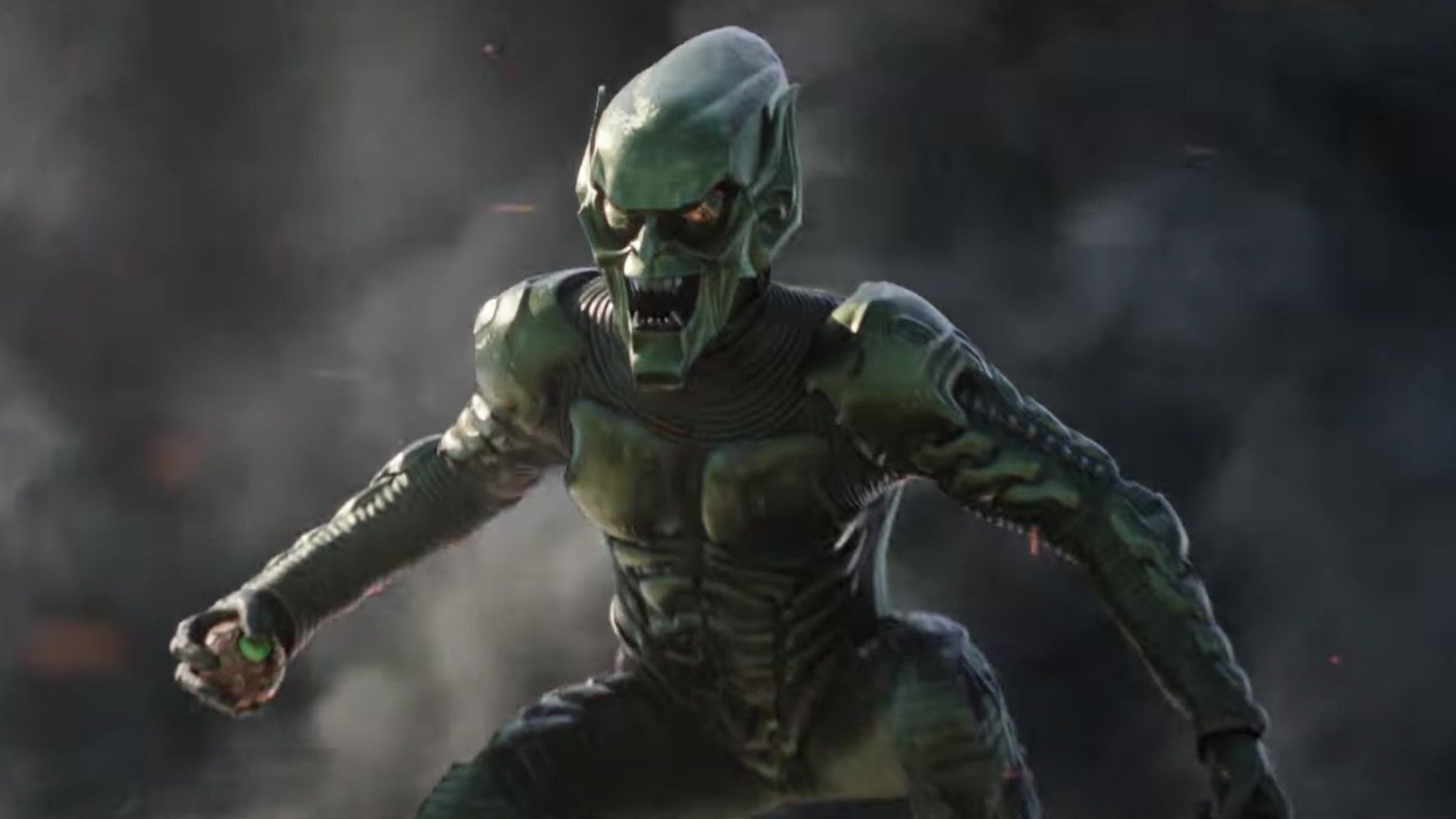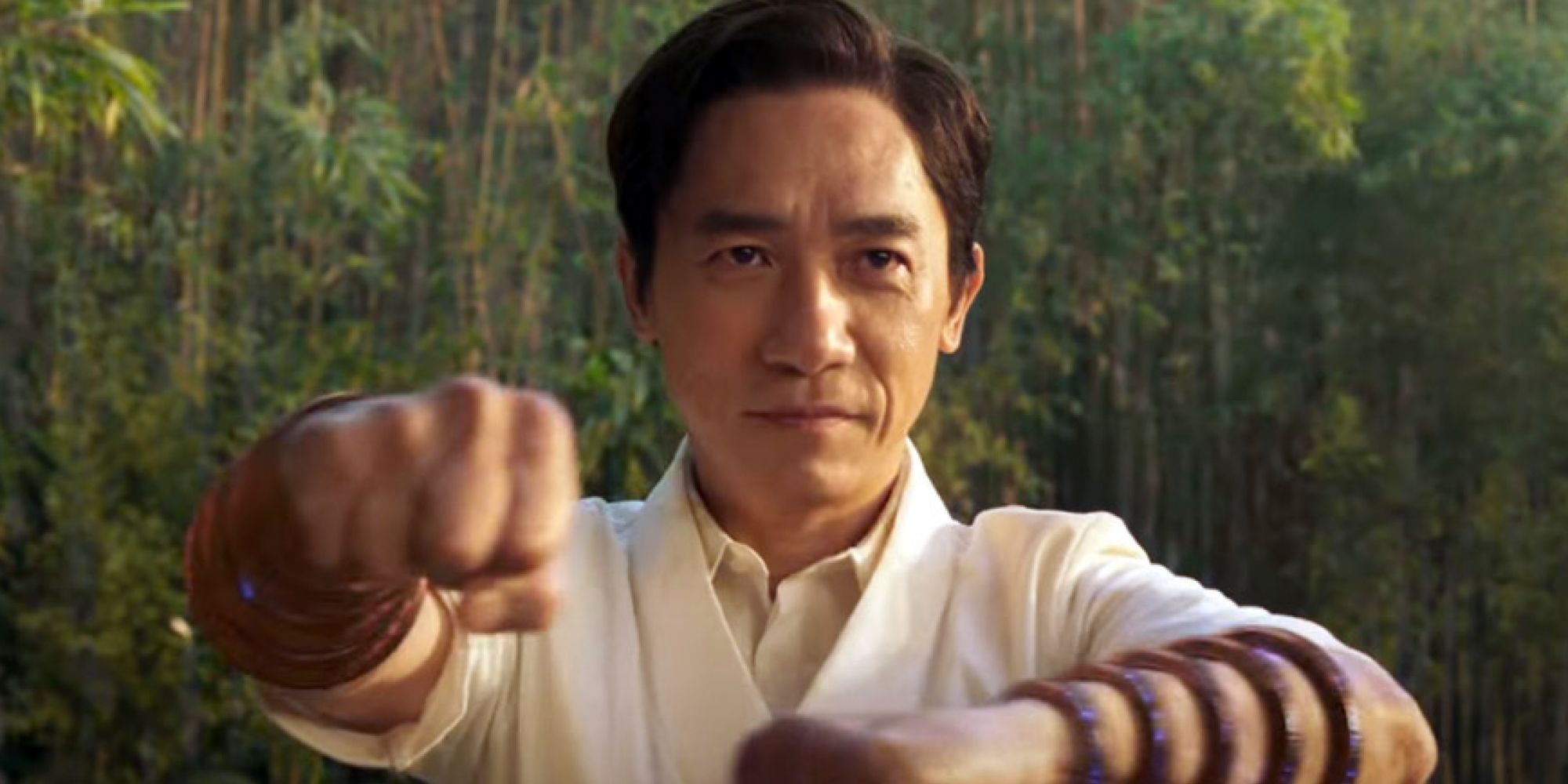The Infinity Saga had a huge villain problem. The first 23 films of the MCU were very reminiscent of the comic books in how they introduced a new villain of the week. But at the same time, they wanted the near-world-ending stakes of other huge blockbusters, not the scuffles we got in Saturday morning cartoons. That’s hard to pull off when you need to reset the status-quo by the time the credits roll and get all the pieces in place for the next Avengers movie.
So we got the worst of both worlds. The bad guy pops their head in, and then they’re either dead or locked up by the end of the movie. They can rarely just run off to cause more mischief, because your hero losing that badly is a hard way to justify a two-and-a-half-hour runtime. The antagonist might raise a good point or two, but ultimately, they take it too far and bait the hero into a big CGI fight. The hero is all, “man, that sucks”, and nothing changes. The world stays the same. The conditions that created the villain are not addressed. The stage is cleared for the next antagonist to take their place.
Vulture from Spider-Man: Homecoming might be the most egregious example of this. With MCU Spidey opting to be an Elon Musk stan, we don’t get the broke Peter Parker we know and love from the Raimi days. So in comes Vulture, rightfully pissed off that the rich are stomping on him and his workers. There are some cool things at play here, with how Peter takes him down for bringing weapons into the neighbourhood rather than any Thanos-level offences, but it doesn’t change him. He goes right back to the Elon Musk-stanning, and then even inherits some of his own super dangerous weapons of his own in the next film - just as bad as anything Vulture had on him.
We see this happen time and time again, and sometimes it feels like the bad guys are just waiting to die. Ultron meanders along until he’s mercifully killed. Hela has an hour or so of fun before Thor comes along and kicks Cate Blanchet out of the MCU right after she just got here - unforgivable, I was prepared to simp for at least three films. And honestly, I’ve sat through the Iron Man trilogy so many goddamn times but could only tell you something about Aldrich Killian because Shang-Chi reminded me that he existed. He probably would have been more memorable in his own right if he had an impact on Tony Stark, but that was quickly undone. Remember when we all thought that he had straight up quit the Avengers in Iron Man 3? Nope, he got over it. He was back. He blew up his suits, but then decided he actually needed loads of suits. Then he left again. Then he died. Great stuff.
It’s telling that the villains that actually are memorable from this era either win or force our heroes to change. Killmonger makes T'challa realize that it’s not fair for Wakanda to hoard resources that could help others - and stops future Killmongers from feeling rightfully forgotten. But very few Avengers got this kind of meaningful conflict. Remember the villains from the Ant-Man films? No, we remember the comedy, because the films just had to be funny. The antagonist was a formality.
All heroes need their shadows, and sure enough, we got a lot of them. But none of them stayed around to be explored like the greats - your Batmans and Jokers, your Professor Xs and Magnetos. That is, until Phase 4 suddenly started getting them completely right.
Back to back, we’ve had two of the best MCU bad guy stories to date. Both Spider-Man: No Way Home and Doctor Strange in the Multiverse of Madness are long-awaited breaths of fresh air, as they finally acknowledge that our heroes aren’t just heroic because they punch stuff good. And that’s because these films were finally able to be bold, and mess with the MCU like never before.
Take No Way Home, for example. By having a bunch of old villains rock up in the MCU, the writers were forced to tread new ground. Otherwise, Peter Parker taking them down would have just been a boss rush of bad guys we’ve seen before. Rather than Spidey having to find a way to physically beat the baddies, he was fighting to save them. In fact, he even fights the good guy, Doctor Strange, who tries to stop him from doing that. None of them even have to die to get their redemption! And goddamn, it wasn’t easy to let them live. Peter letting Green Goblin go after what he did to Aunt May took more strength than any confrontation he’s been in before, and having Tobey’s Spidey put himself in danger to save him was the perfect way to drive the message home.
Then we get Wanda, who utterly stole the show in Multiverse of Madness. Ending all the villain-baiting with her after so long was a stroke of genius, and the payoff was well worth the wait. It understood her WandaVision arc better than WandaVision did, which tried to wriggle her off the hook in its final few moments. Instead, she dives headfirst into her pain, and refuses to see the forest for the trees. Grief is just love persevering? It’s a sweet quote, and it’s exactly what she’s telling herself as she justifies killing a child to be with her own again.
If this were a Phase 3 movie, it would have ended there though. Wanda brings up something deep, and then they kill her in a big messy battle. Well, the great thing here is that they can’t. She’s too powerful, no matter what they do. So instead, America Chavez defeats her by confronting her deluded belief that she can be with her children again without hurting them. Unlike Spider-Man, who dodged any lessons learned from Vulture, America takes Wanda at face value, and shows her why she’s wrong. She holds a mirror up for Wanda to see herself, knowing she’ll hate the reflection. That moment is going to be far more memorable down the line than any epic showdown between Tony Stark and whoever he was in a pissing match with in his movies.
And it’s a trend that Marvel seems to be sticking with. Shang-Chi gave us family drama, which always makes for far more memorable conflicts with much higher emotional stakes. Falcon and the Winter Soldier was even bold enough to have one of the villains, Karli Morgenthau, actually accomplish her objective with the good guys’ help. Just because they didn’t agree with her methods, it didn’t mean her whole ideology had to be thrown in the bin. They not only saved the day, but they also stopped it all from happening again.
I’m not saying every villain can or even should be defeated in the marketplace of ideas. I am in fact very okay with Red Skull being punched a lot. And Ultron was always doomed to be a CGI schlockfest. But Phase 3 villains as a whole deserved so much more. Even the ones you can’t really reason with, Mysterio and Hela, were disposed of after one film because the status quo just has to be restored by the end of the movie. It's telling that the better bad guys from this era, such as Loki, Zemo, and of course, Thanos, survive their initial fight with the heroes. It not only makes them seem like high-stakes threats, but it gets a whole lot more out of them.
The MCU has entered a far more mature and nuanced phase, and it should stick by it. We’ve had dozens of heroes and villains chucked at us in the past decade, and it’s about time we ruminate on them before we get a million more. Wanda will almost definitely be back, possibly even in her Earth-616 form, and it will be exciting to see what kind of MCU she returns to. Hopefully, it will be one that built upon the new villain trend that she helped pioneer.




.jpg)
